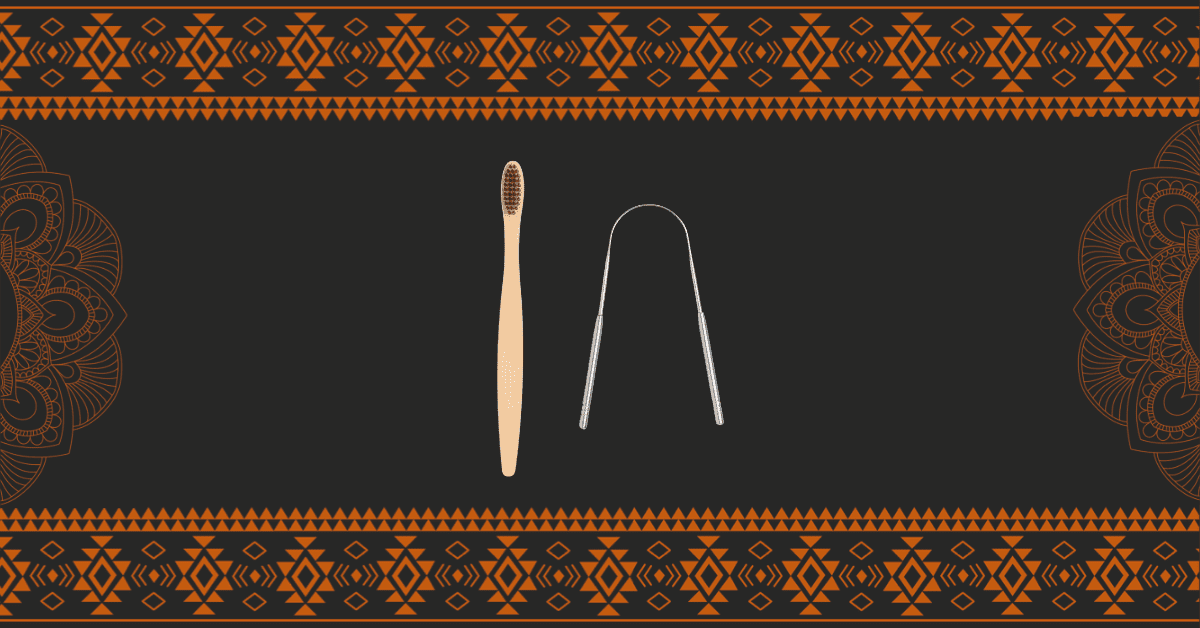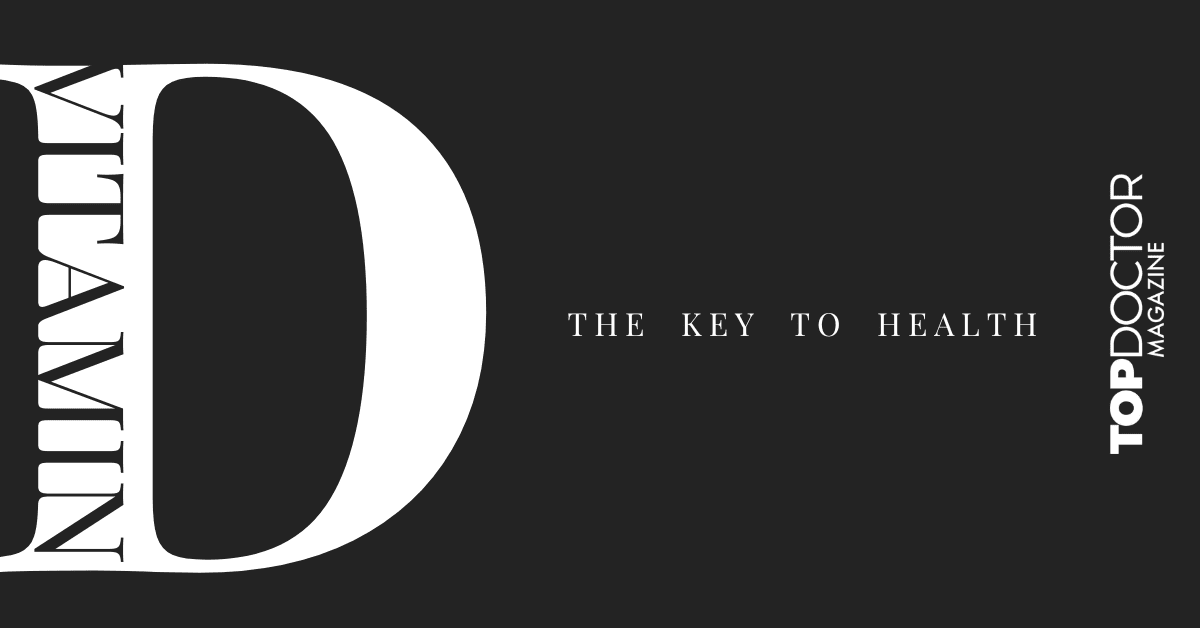While oral hygiene often revolves around brushing and flossing, a lesser-known but incredibly beneficial practice has gained attention in recent years: tongue scraping. Rooted in ancient Ayurvedic traditions, tongue scraping involves gently cleaning the tongue’s surface to remove accumulated bacteria, toxins, and debris. Beyond the immediate benefits for oral health, research and anecdotal evidence suggest that regular tongue scraping can contribute to overall well-being in unexpected ways.
The Science Behind Tongue Scraping
The tongue is a prime breeding ground for bacteria, dead cells, and toxins. Overnight, these substances accumulate on the tongue’s surface, leading to the notorious phenomenon known as morning breath. However, the benefits of tongue scraping extend far beyond combating bad breath.
Improved Oral Health
A 2005 study published in the Journal of Periodontology found that tongue scraping is more effective than tooth brushing alone in reducing the production of volatile sulfur compounds (VSCs) – the compounds responsible for bad breath.1 By removing the bacteria that contribute to VSCs, tongue scraping plays a crucial role in enhancing overall oral hygiene.

Reduction of Bacteria and Toxins
Research has shown that the tongue harbors a significant amount of harmful bacteria that can contribute to various oral and systemic health issues. A 2017 study published in the Journal of Clinical and Diagnostic Research found that tongue scraping resulted in a significant reduction in the total bacterial count on the tongue’s surface, thereby minimizing the potential for oral infections.2
Enhanced Taste Perception
The tongue is responsible for detecting flavors, and a coated tongue can dull taste perception. By regularly scraping the tongue, individuals may experience an improvement in their ability to taste and enjoy food, as suggested by a study published in the Journal of Clinical and Experimental Dentistry in 2016.3
Prevention of Systemic Health Issues
The oral cavity is a gateway to the rest of the body, and maintaining oral health is integral to overall well-being. Research published in the Journal of Oral Microbiology in 2012 suggests that oral bacteria and inflammation may contribute to systemic conditions such as cardiovascular disease and diabetes.4 Tongue scraping, by reducing the bacterial load in the mouth, may play a role in preventing these broader health issues.

Tips for Effective Tongue Scraping
Choose the Right Tool
Various tongue-scraping tools are available, including metal and plastic scrapers. Choose one that feels comfortable in your hand and has a gentle, curved edge to prevent irritation.
Scrape from Back to Front
Gently scrape your tongue from the back to the front, ensuring that you cover the entire surface. Be mindful not to press too hard, as this can cause discomfort and may damage taste buds.
Incorporate into Daily Routine
Make tongue scraping a part of your daily oral hygiene routine, ideally in the morning before brushing your teeth. This helps remove accumulated debris from overnight and sets a fresh foundation for the day.
Maintain Consistency
Consistency is key for reaping the full benefits of tongue scraping. Incorporate it into your daily routine, and over time, you may notice improvements in oral health, breath freshness, and overall well-being.
Incorporating the ancient practice of tongue scraping into your daily routine can be a small yet powerful step toward enhancing oral health and overall well-being. Backed by scientific research, this simple practice offers benefits beyond the prevention of bad breath, including the reduction of harmful bacteria, enhanced taste perception, and potential systemic health implications. As we delve into the wisdom of traditional practices, tongue scraping emerges as a valuable addition to modern oral hygiene, reminding us that maintaining health can often be found in the simplicity of time-honored rituals.
Sources
- Pedrazzi, V., et al. (2004). Tongue-cleaning methods: a comparative clinical trial employing a toothbrush and a tongue scraper. Journal of Periodontology, 75(7), 1009–1012.
- Tonzetich, J., & Ng, S. K. (1976). Reduction of malodor by oral cleansing procedures. Oral Surgery, Oral Medicine, Oral Pathology, 42(2), 172–181.
- Shetty, S. S., et al. (2017). Effectiveness of tongue scraping on morning bad breath—A randomized controlled trial. Journal of Clinical and Diagnostic Research, 11(9), ZC58–ZC61.
- Rukmini, N., & Vijayalakshmi, R. (2016). Effect of tongue scraping on oral malodor. Journal of Clinical and Experimental Dentistry, 8(2), e131–e135.
- Fine, D. H., et al. (2012). The use of systemic markers to determine the pathobiology of periodontal disease and the development of a new classification system. Journal of Oral Microbiology, 4(1), 1–9.






0 Comments